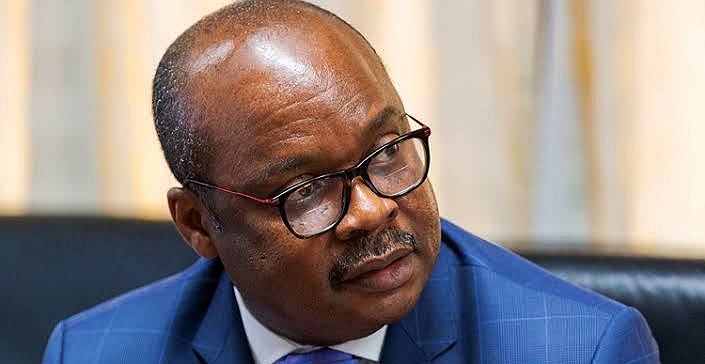By John Ikani
The Bank of Ghana (BOG) has raised its benchmark interest rate by 300 basis points to 22 per cent in its latest effort to combat the country’s rising inflation.
The rise was announced late on Wednesday after an emergency meeting of the bank’s monetary policy committee.
The committee, which usually meets every two months, convened to address the “strong underlying inflationary pressures”, it said in a statement.
According to the statement, the BOG raised interest rates from its July level of 19% to 22%. Ghana’s interest rate has exceeded that mark before—it was at 26% for 11 months until November 2016.
But the 3% increase this time is the highest jump the Bank has made between monetary policy meetings since 2002, per the Financial Times.
The backdrop for the spike is a July inflation rate of 31.7%, the country’s highest since 2003. Ghana wants its inflation at around 8% but recent realities, especially in the months after the pandemic, have made that an illusion.
Indeed there may be a greater need for Ghana to be desperate. Its currency, the cedi, is the second worst performing in the world this year after Sri Lanka’s rupee. The cedi has fallen for 15 straight weeks, weakening by 36% since the beginning of the year, according to Bloomberg.
Central banks across emerging markets are making big rate rises to tackle falls in their currencies against the dollar, which has risen in value on the back of the US Federal Reserve’s interest rate increases. Many commodities are priced in dollars on global markets, exacerbating the impact of soaring prices for food and energy on countries that have seen their currencies depreciate sharply.
Economies in Africa had only begun to recover from the shock of Covid-19 when Russia’s full-scale invasion of Ukraine jeopardised their progress, according to the IMF’s most recent growth forecast for sub-Saharan Africa. Growth is expected to weaken in the region this year.
Elsewhere in the region, inflation in Nigeria has hit a 17-year high of almost 20 per cent, driven by energy, transport and food costs.
But where the Central Bank of Nigeria has only raised rates in small leaps this year (it’s rate is currently at 14%), its west African neighbor has been more aggressive.



































